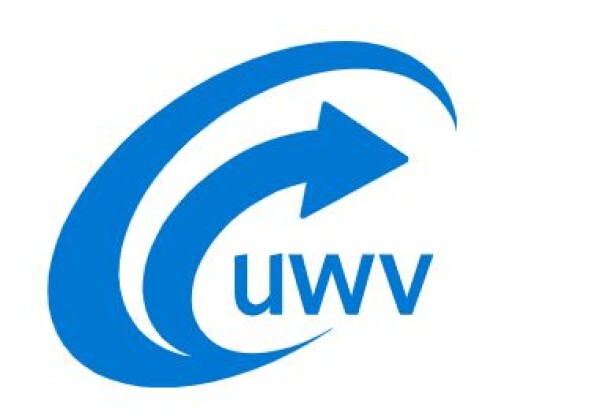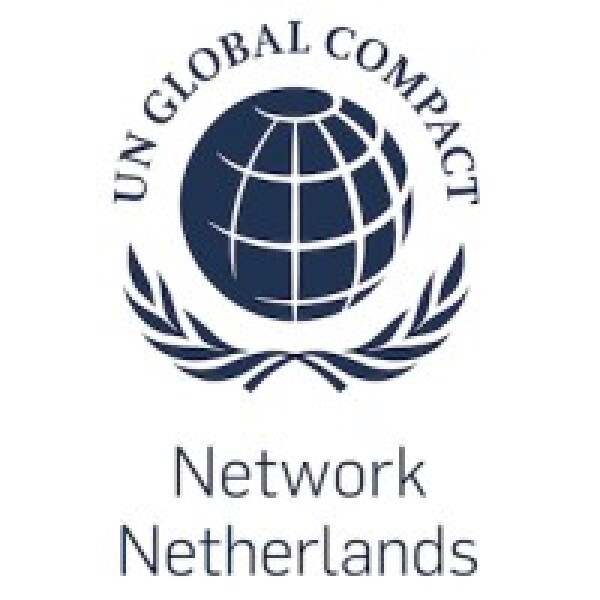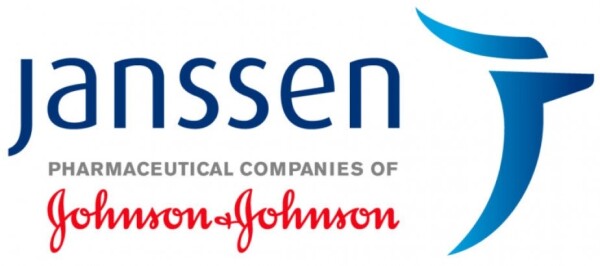How to make effective & trustworthy environmental claims?
New service
We live in a world beyond its means. This has been specifically highlighted in the book of Kate Raworth, The Doughnut economy. More and more consumers are concerned about the environment as well and recognize that we live beyond our means. Globally, climate change is consumers’ biggest concern followed by plastic waste, water pollution, water shortage and air pollution*.
Sustainable consumption and production are increasingly a priority for business and for policymaking. Good practices have shown that product environmental information highlighting the positive effect on the environment, can have a positive impact on consumer behavior, supporting them in their buying decisions and guiding them in responsible product use and disposal. However, the growth of markets for sustainable products is often compromised by the practice of greenwashing and the volume of information facing consumers, which can be inaccurate, unclear, incomparable, unsubstantiated, or irrelevant when guiding their choices. This often results in mistrust and confusion among consumers, as well as among information providers in business and government.
Yet most of the impact on the environment can be attributed to the products and services we use and consume. Marketing and advertising about the environment have a particularly important role to play in this and it can help to:
• Educate consumers about the environmental impact of product and services
• Enable consumers to make better informed choices – with a lower environmental impact
• Drive business competition to develop products with reduced impact and to build the reputation of brands
The true value of environmental claims and marketing is on the assurance that the claims are both credible to consumers and reflect a genuine benefit to the environment.**
But how to make good and trustworthy environmental claims and how to apply them? The Dutch Authority for Consumers and Markets (ACM) just announced that they are calling on businesses not to use any misleading claims. ACM will step up its enforcement efforts regarding these practices.
Do you want to know more about how to make effective and trustworthy environmental claims and which principles you need to follow to help consumers make a conscious choice which will have a positive impact on the environment without any greenwashing? Please reach out to ulrike@toscatribe.nl.
Link ACM: https://www.acm.nl/en/publications/acm-misleading-information-and-certification-labels-regarding-sustainability-must-stop
*Kantar, GFK, who cares, who does? Consumer Response to Plastic waste, September 2019
**How to make good environmental claims, DEFRA, 2011




















